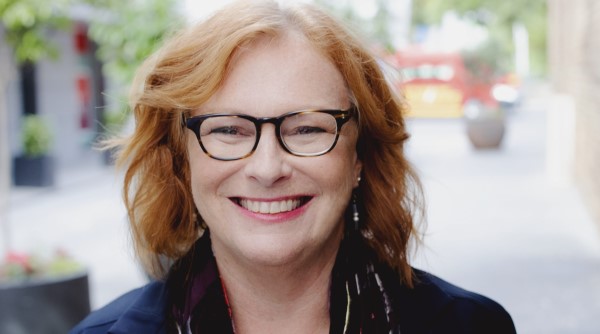Retirement Life
18 March 2021
Home ownership disparity hits women's retirement
The growing unaffordability of New Zealand homes is a hot topic in New Zealand. What isn’t discussed as much is how much harder buying a home can be for women on their own - and what that means for their retirement.
New research from property data company CoreLogic shows that 17.4 percent of the properties it analysed across New Zealand were solely owned by a female, while 19.2 percent were solely owned by a male. Across the ditch in Australia, these same figures were 24.1 percent and 27.7 percent, respectively.
CoreLogic describes home ownership as a “pillar” of retirement and warns this disparity has implications for the quality of women’s retirement later on.
What’s behind the gap?
CoreLogic’s New Zealand country manager, Simone Moors, suggests the disparity reflects the impacts of the gender pay gap.
“As property ownership is ultimately a function of income, fixing the gender wealth gap in property could be about fixing the gender pay gap… The lower the income, the harder it is to access property, and this has significant implications for women.”
The gender pay gap in New Zealand currently sits at about 9.5 percent.
Moors says the 1.8 percent difference in sole ownership between men and women amounts to over 31,000 more properties owned solely by men and is not insignificant.
“The distinction between sole male and sole female ownership may seem small and relatively minor on paper, but it is not minor when you account for the flow-on effects in the real world, from wealth creation throughout working life to the ability to self-provide in retirement.”

Moors points to the fact owning your own home reduces housing costs when income has dropped, and significantly reduces the incidence of poverty in retirement. It is also a way of accumulating wealth to help maintain living standards, as well as fund health care or aged care costs.
What’s being done about it?
The Commission for Financial Capability is working to help women achieve better financial outcomes, with the launch of a new money skills course being offered through workplaces.
In addition to investing basics, the Sorted Women course covers the unique situations women face and strategies to overcome them, along with ways for women to improve their financial wellbeing and comfortably talk about money.
“Our research shows that women have suffered the most from job loss during the pandemic, which comes on top of other economic disadvantages they suffer throughout their working life,” says Retirement Commissioner Jane Wrightson.
The Commission’s research shows women are less aware of their KiwiSaver settings, less confident at investing and seek financial advice less than men.
“Yet we know that women are more often the ones juggling money to keep a household running, and shouldering the stress that comes with that,” says Wrightson.
“Women view money differently to men – for us it’s as much about providing for our loved ones as building a nest egg. This course tackles financial inequality head on and helps empower women to achieve their goals, including planning for the retirement they deserve.”
Learn more about Sorted Women.

Retirement Commissioner Jane Wrightson